Marva Collins Way Pdf Free Download
Marva Delores Collins (née Knight) was born in Monroeville, Alabama, to father, Henry Knight and mother, Bessie ( née Nettles). Marva's father was a successful merchant, cattle buyer, and undertaker . He expected nothing but the best from Marva & her younger sister, "We were expected to be excellent" Marva would recall.
Marva grew up in the South, during a time of segregation, attending a strict elementary school in a one-room schoolhouse in Atmore, Alabama, which would later influence her career.
Collins has described her childhood as "wonderful" and filled with material comforts that included riding in luxury cars and having her own horse.
At a young age she managed her father's inventory for his business, keeping track of invoices, and deposited the money in the bank. From these early experiences, she developed the philosophy she would use later in life to teach children, one that entailed providing encouragement and positive reinforcement.
After graduating in 1957 with a bachelor's degree in secretarial sciences, from Clark College (nowClark Atlanta University) in Georgia, she returned to Alabama to teach typing, shorthand, bookkeeping, and business law at Monroe County Training School. Having never intended to be a teacher, she left the teaching profession in 1959 to take a position as a medical secretary at Mount Sinai Hospital in Chicago and during that time she met Clarence Collins, a draftsman,
On September 2nd 1960, she married Clarence & went on to have 3 children, Patrick, Eric and her only daughter, Cynthia. After her marriage, Collins returned to teaching in 1961, as a full-time substitute in Chicago's inner-city school system for approximately fourteen years, as s he missed helping youngsters discover the joy of learning. As part of the public system, she found that some teachers "were creatingmore welfare recipients"which made her angry. Challenges arose such as the necessary requirements to run a school in her home, but she successfully overcame all of them.
Two of her children attended her school, setting the bar for the others to rise up to. Collins would build the confidence of her students by saying to each of them "Who is the most important child?" and "When is the most important time?", where they would reply, "Me" & "Now".
Marva Collins became well-known due to the 1981 TV movie based on her life's work entitled 'The Marva Collins Story', starring Cicely Tyson and Morgan Freeman. Cicely Tyson, who played Collins in the TV movie, said she spent time with Collins to research for the role. Collins also appeared in a featured news article on CBS's ' 60 Minutes', which was inspired by a 1970's article written by Chicago Sun-Times reporter Zay N. Smith about Collins and Westside Prep. Also in 1981, Collins received the Jefferson Award for Public Service - for Greatest Public Service Benefiting the Disadvantaged. In 1996, Collins was hired to supervise three Chicago public schools that had been placed on probation, then in 2004, Collins received a National Humanities Medal , among many awards for her teaching and efforts of school reform, and also being an Honorary member of the Alpha Kappa Alpha sorority. Collins began questioning the use of her name on schools that were not under her supervision and control. In 2004 she demanded that the Milwaukee outpost, the Marva Collins Preparatory School of Wisconsin, stop using her name. The school remained in operation as of 2008, but under the name Milwaukee College Preparatory School. The following year she announced that she had no relationship with the Cincinnati school that bore her name, and wanted them to cease using her name. During the 2006–07 school year, Collins' school charged $5,500 for tuition, with parents saying that the school did a much better job than the Chicago public school system, which budgeted $11,300 per student, yet still, authorities in the system complained that this was not enough. As of 2008 the Cincinnati school was fighting to retain the name, and the matter was being contested in court. Meanwhile, Collins had moved her base of operations to Hilton Head Island, South Carolina, from where she maintained a busy schedule of speaking engagements, workshops, and other consulting activities. Marva Collins, alongside her daughter Cynthia, ran the Westside Preparatory School in Chicago (which was eventually located on the South Side), for more than 30 years, until its closure in 2008 due to financial issues Marva Delores Collins died while in hospice care, on June 24, 2015, in Beaufort County, South Carolina, at the age of aged 78 years.
In 1982, Kevin Ross, a 23–year-old Creighton University basketball player, reached his senior year of college without being able to read. With the assistance of a booster from Creighton, Ross enrolled in second grade at Westside Prep. With private tutoring by Collins, Ross learned how to read and graduated in May 1983. Ross had difficulties continuing his education, but when he had serious troubles, Collins was there to help him.
President Ronald Reagan cited Collins during an unveiling of a national program to combat adult illiteracy and due to the success of her teaching methods, it was reported that in 1983, Reagan wanted to nominate Collins for the position of Secretary of Education, but this didn't interest her. She was also asked by president George H. W. Bush to become Secretary of Education, but she declined in favor of teaching one student at a time. In 1994, the singer 'Prince' featured her in his music video "The Most Beautiful Girl in the World." ,he also donated $500,000 to the Westside Preparatory School Teacher Training Institute, which was created to teach Collins' teaching methodology.
https://en.wikipedia.org/wiki/Marva_Collins
http://www.encyclopedia.com/people/social-sciences-and-law/education-biographies/
Some reference sites have Marva Collins' middle name as Delores & her parents as Henry Knight & Bessie Nettles (including wikipedia). The Source of the following information, is from, 'Who's who of American Women' 1983' & Obituary New York Times June 28 2015.
COLLINS, MARVA DELOISE NETTLES
Teacher; educational innovator. Born– August 31, 1936, Monroeville. Parents– Alex L. and Bessis Maye (Knight) Nettles. Married– Clarence Collins, September 2, 1961. Children– Three. Education– Clark College in Atlanta, B.A., 1957; attended Chicago Teachers College and Columbia College, 1965-1967. Taught at Monroeville, 1957-1959; taught in the Chicago Public Schools, 1960-1975. Founded the Westside Prep School in the Garfield Park neighborhood of Chicago, 1975, and operated it 1975-2008.
http://www.lib.ua.edu/Alabama_Authors/?p=1144
Find a Grave has-
Marva Deloise "Lois"Knight Nettles Collins
BIRTH 31 Aug 1936 Monroeville, Monroe County, Alabama, USADEATH 24 Jun 2015 Bluffton, Beaufort County, South Carolina, USA
BURIAL UnknownMEMORIAL ID 148322649
https://www.findagrave.com/memorial/148322649#
---------------------------------------------------------------------------------------------------------------------------------------------------------------
---------------------------------------------------------------------------------------------------------------------------------------------------------------
Such were the rules adopted by the town of Dorchester( Massachusetts ) in 1645, for the management of this school established in 1639, and it is very probable that all the schools established previous to 1647 were managed in a similar manner.
* First . That the schoolmaster shall diligently attend his school and do his utmost endeavor for benefiting his scholars according to his best discretion.
*Second . That from the beginning of the first month until the end of the seventh, he shall every day begin to teach at seven of the clock in the morning and dismiss his school at five in the afternoon. And for the other five months, that is, from the beginning of the eighth to the end of the twelfth month he shall every day begin at eight of the clock in the morning and end at four in the afternoon.
*Thirdly . Every day in the year the usual time of dismissing at noon shall be at eleven and to begin again at one, except that
*Fourthly . Every second day in the week he shall call his scholars together between twelve and one of the clock to examine them what they have learned on the sabbath day preceding, at which time he shall take notice of any misdemeanor or outrage that any of his scholars shall have committed on the sabbath to the end that at some convenient time due admonition and correction may be administered.
*Fifthly . He shall equally and impartially receive and instruct such as shall be sent and committed to him for that end whether their parents be poor or rich, not refusing any who have right and interest in the school.
*Sixthly . Such as shall be committed to him he shall diligently instruct, as they shall be able to learn, both in humane learning and good literature, and likewise in point of good manners and dutiful behaviour towards all, especially their superiors as they shall have occasion to be in their presence whether by meeting them in the street or otherwise.
*Seventhly . Every sixth day in the week at two of the clock in the afternoon he shall catechise his scholars in the principles of Christian religion, either in some Catechism which the wardens shall provide and present, or in defect thereof in some other.
*Eighthly . And because all man's endeavors without the blessing of God needs be fruitless and unsuccessful, therefore it is a chief part of the schoolmaster's religious care to commend his scholars and his labors amongst them unto God by prayer morning and evening, taking care that his scholars do reverently attend during the same.
*Ninthly . And because the rod of correction is an ordinance of God necessary sometimes to be dispensed unto children, but such as may easily be abused by overmuch severity and rigor on one hand, or by overmuch indulgence and lenity on the other, it is therefore ordered and agreed that the school master for the time being shall have full power to administer correction to all or any of his scholars without respect of persons, according as the nature and quality of the offence shall require." The rule further requires that the parents "shall not hinder the master therein" but if aggrieved they can complain to the wardens "who shall hear and impartially decide between them." 'Early schools and school-books of Europe & New England 1545'
WE whose Names are underwritten , having perused this Book, entitled, The School Masters As sistant, do recommend it to be used in Schools, for the speedy Improvement of Youth in Arithmetic, as the only one for that Purpose, that hath yet been made public.
Charles Bellanger,M. A. Lecturer of Trinity, Mino ries,and Master of the Free School belonging to the
Wor shipful Company of Brewers, London.
JamesDalton,M.A. Masterof the Boarding School atStanmore, inMiddlesex.
The Rev. Mr.JosephWillson,Master of the Free-School atNetherKebworth, inLeicestershire.
The Rev. Mr.RichardWillson, Master of the Free-School at Rutterworth, inLeicestershire.
The Rev. Mr.RobertWillson,Master of the Free-School atWarbleton,inSussex.
Francis Chapman,Writing Master and Accomptant, inShadwel.
Francis Hopkins,Writing Master and Accomptant, inCavendish-Court,nearDevonshire-Square.
John Loveday,Schoolmaster, atStepney.
Ebenezar Bramble,Master of a Boarding-School inNew Brentford.
William Mercer,Writing Master atMaidstone.
William Tully,Master of the Boarding - School atStanmore,inMiddlesex.
John Thorpe,Writing-Master and Accomptant, at St. Edmund's Bury, Suffolk.
Thomas Evans,Schoolmaster, atHampstead.
Richard Astell,Master atEpsom. Robert Pierson,Schoolmaster inRedcross-Street.
John Richardson,Schoolmaster byLondon-Wall.
George Watts,Schoolmaster inPenny-Fields, Poplar.
Augustine Gradwell,Master of Mr.Worral'sFree School, inCherry-Tree Alley, Golden-Lane, St. Luke's.
John Tuckett, Writing-Master and Teacher of the Mathema tics, at the HandandPenandGlobein
New Street,nearFleet Street.
George Caffey,Schoolmaster inWhitechapel.
EdwardRayne,Master of the Haberdashers School atHoxton.
John Shortland,Schoolmaster inSt. Ann's Lane,nearAldersgate.
Francis Cartwright,School master, nearShoreditch Church.
William Paulson,Schoolmaster inNorton-Falgate.
Jeremiah Walker,Writing Master and Accomptant, inOld Gravel Lane,nearRatcliff Highway.
Henry Mason,Schoolmaster atSt. George's Church, Southwark.
Henry Longman,Schoolmaster inFitcher's Court, NobleStreet,nearCripplegate.
John Day,Writing-Master and Accomptant, atDočtors Commons.
Thomas Young,Schoolmaster inSt.Margaret's, Westminster.
John Davis,Teacher of the Mathematics, inOldParadise-Street, Rotherhithe.
Joseph Miller,Schoolmaster, inStreet-lane,nearHuthersfield, Yorkshire.
John Parsons,Writing-Master and Accomptant, inPenny Fields, Poplar.
Erasmus Carter,Schoolmaster, inSutton's-Court,withinBishopsgate.
Henry Michon,Schoolmaster, inRed Lion-Market,nearGolden-lane.
John Wingfield,Schoolmaster inBullandMouth-Street,nearAldersgate.
Joseph Allen,Schoolmaster and Accomptant, inWhitecross-Street.
Joseph Beasing,Writing Master andAccomptant, atCheshuntinHertfordshire.
JohnCanton,M.A. Master of the Academy inSpital-square.
Joseph Winder,Master of the Grammar-School in Coleman-Street.
Charles Delafosse,Master of a Boarding-School atRichmond, Surry.
Daniel Kitchen,Schoolmaster atBishop Burton,nearBeverley,inYorkshire.
Robert Sawell,Master of the Boarding-School, atAspley,nearWoborn, Bedfordshire.
CharlesMorton, Teacher of the Mathematics, in the Rec tory-House of St.Leonard, Shoreditch.
Samuel Godier, Teacher of the Classics, near the Church,Spital-Fields.
Robert Smith,Writing-Master and Accomptant, atRichmond, Surry.
William Shemeld,Writing Master andAccomptantatHampsteadinMiddlesex.
Dennis Metherington,School master atMarstoninLincolnshire.
Robert Amoss,Writing-Ma ster and Accomptant inRatcliff-highway, St. George's, Middlesex.
"Neatly secured from being soiled or torn
Beneath a pane of thin translucent horn,
A book to please us at a tender age
'Tis called a book, though but a single page,
Presents the prayer the Saviour deigned to teach,
Which children use, and parsons — when they preach."
-William Cowper
| The discovery of the art of printing in 1440 , and the consequent multiplication of books at prices which brought them within reach of the great mass of the people, made it easier for School Books to be available. Early Schools & Schoolbooks... Coote's English Schoolmaster 1590, used in petty schools for over 100 years The English school-master 1673 Edmund Cootes (Schoolmaster of the Free school, King Edward's School Eminent Masters -- Edmund Coote 1609 Burial of Edmund Coote Other Spelling Books soon followed
Prebendary- a canon of a cathedral or collegiate church whose income originally came from a prebend
On the first leaf of a book- "Let no scholar occupy a book
The progress of English grammar was greatly assisted by William Walker, a teacher and grammarian of extraordinary learning. He was born in Lincolnshire in 1623, and died in 1684. He was educated at Trinity College, Cambridge. He became master of the South Grammar School, from which he resigned for that of the Free School in Grantham, Chambers' Encyclopaedia says-"Grammar Schools received their name at a time when the grammar of the English language was not written, and when all knowledge of the principles of language could be obtained only through a study of the grammar of the ancient tongues, particularly Latin. " Universities recognized the ancient tongues as the only sound basis of a liberal education. T he text-book used was a comparatively simple affair known as anAccidence.Then they were taught to write and speak Latin, which required the use of the larger book or Grammar and the Colloquies of Corderius. Later they were taught Greek, Hebrew, rhetoric, elocution, and versification, and the text-books were the Latin and Greek Testaments and the works of the classical authors . One of the best of the early manuals is the "London Spelling Book ," by John Urmston, a schoolmaster at Kensington, published in 1710. Henry Dixon , a schoolmaster at Bath, Thomas Dyche, Thomas Dilworth, Jean Palairet, and John Kirkby the arithmetician, all published books for schools with more or less success. Friends schools are institutions that provide an education based on the beliefs and testimonies of the Religious Society ofFriends (Quakers).
In 1633 Thomas Farnaby, great classical scholar and schoolmaster, showed the method of oratorical composition, published his Index Rhetoricus, which passed through many editions. Dilworth's New Guide to the English Tongue , after holding the field for forty years, was superseded by Webster's Speller was the most popular school-book ever published in America, and Dr. Goodrich says: "To the influence of the old Blueback spelling Noah Webster was born in Hartford, Conn., Oct. 16th, 1758. He commenced the study of the classics in 1772 under...Rev. Nathan Perkins, D.D., and in 1774 was admitted a member of Yale College, graduating in 1778. His intention of pursuing the practice of the law ...was set aside by the War of the Revolution. After graduating , his father gave him an eight-dollar bill of the Continental currency...and told him that he must ...rely on his own means for support... He resorted to the instruction of a school & during the summer of 1779 resided at Hartford, Conn. Not having the means of obtaining a regular education for the bar, Mr. Webster at the suggestion of a distinguished counselor of his acquaintance...(while teaching school) without the aid of an instructor, after two years was admitted to practice in the year 1781. As he had no encouragement to open a (law) office...he taught at a classical school in 1782 at Goshen, Orange County, New York. Here.....he undertook an employment which gave a complexion to his whole future life. This was the compilation of books The first dictionary published in the British Colonies was: The Royal Standard English Dictionary. By William Perry , Lecturer- Academy at Edinburgh, the first edition of which was printed in Edinburgh in 1775. | The Chapman's nursery literature —block printing of the coarsest kind—gradually superseded the ancient hornbooks. The alphabet accompanied by a prayer—and the numerals, and printed on rich papers...was sold by the single sheet at fairs and markets. It was fastened by mother or schoolmistress to a piece of wood or parchment. Probably in the majority of cases these ' steps to learning ' were sold ready pasted on to wooden battledores. To this succeeded the pasting of the alphabet on coarse brown paper and board, so as to be a book without leaves. The covering outside was generally of barbarous gaudiness, the price one penny. Spellers followed soon after the Hornbooks & Battledore's faded out. Coote's English
Click to read Bentley's Pictorial primer, 1845 Head Masters of King Edwards School, Bury St. Edmund's . The Enschede Abecedarium , which is claimed to be the first book printed with movable type, contained the Alphabet, Pater Noster, Ave Maria, Credo, and two prayers. It was the elementary book of the Romish Church, which children were expected to learn to recite without the book, or if they had no book, they were to be taught orally. Westminster Assembly formulated the Shorter Catechism, which was first printed for official use in London in 1647. T he Catechism was a universal schoolbook, being taught in its simplest form by the parents by word of mouth to children that perhaps had not been taught their letters. In a somewhat enlarged form it was studied and committed to memory by the youths and maidens. "In the year 1782, while the American army was lying on the bank of the Hudson, I kept a classical school in Goshen, Orange County, New York. I there compiled two small elementary books for teaching the English language. The country was then impoverished, intercourse with Great Britain was interrupted, school-books were scarce and hardly attainable, and there was no certain prospect of peace." (Webster)
The earliest dictionaries we possess were compiled to teach the English a foreign tongue, and were bilingual or trilingual. Purely English dictionaries followed after a long interval, but for many years were merely lists of hard words; and it was not until Edward Phillips published The New World of Words , |
In the winter following, Webster revised what he had written; leaving Goshen in 1783, he returned to Hartford, where he published his First Part of a Grammatical Institute of the English Language . The second and third parts ...followed. These works, comprising a spelling-book, an English grammar, and a compilation for reading, & were the first books of the kind published in the United States. Besides the Dictionary, which was the leading employment of his life, Mr. Webster published several books and papers on political, literary, and moral subjects. He died at New Haven, May 28, 1843.
Early Schools & Schoolbooks...
BEATRICE ENSOR- Founder and President of the New Education Fellowship
LAURIN ZILLIACUS, B.SC.- Rektor, Tölö Svenska Samskola, Helsingfors, Finland,
Chairman, New Education Fellowship
G. T. HANKIN, B.A., H.M.I.- Representing Board of Education, England
PIERRE BOVET, DOCTEUR ES LETTRES, LITT.D.- Professor of Pedagogy; Director J. J. Rousseau Institute for
Educational Sciences, Geneva
WILLIAM BOYD, M.A., B.SC., D.PHIL.- Head of Department of Education, Glasgow University
EDMUND de S. BRUNNER, M.A., PH.D.- Professor of Education, Teachers' College, Columbia University, N.Y.
SALTER DAVIES, C.B.E., M.A. (OXON)- Director of Education, Kent
FRANK DEBENHAM, O.B.eE, M.A., B.SC.- Professor of Geography, Cambridge University
PAUL L. DENGLER, PH.D.- Director, Anstro-Amcrican Institute of Education. Vienna
F. C. HAPPOLD, D.S.O., M.A.- Head Master, Bishop Wordsworth's School, Salisbury, England
E. G. MALHERBE, M.A., PH.D.- Director, National Bureau of Education, Pretoria
H. R. HAMLEY, M.A., M.SC., PH.D.- Professor of Education, Institute of Education, London University
F. W. HART, PH.D.- Professor of Education, University of California, San Francisco
SUSAN ISAACS, M.A., D.SC.- Head of Department of Child Development, Institute of Education, London Uni.
I. L. KANDEL. M.A., PH.D.- Professor of Education, Teachers' College, Columbia University, New York
ARTHUR LISMER, A.R.C.A.- Educational Supervisor, Art Gallery, Toronto
SIR PERCY MEADON, C.B.E., M.A.- Director of Education, Lancashire
CYRIL NORWOOD, M.A„ D.LITT.- President, St. John's College, Oxford
YUSUKE TSURUMI, M.P., Japan- Author and Lecturer on International Affairs
HAROLD RUGG, C.E., PH.D.- Professor of Education. Teachers' College, Columbia University, New York
ANDERS VEDEL- Principal, Krabbesholm Folk High School, Skive, Denmark
(Brown. Prior, Anderson Pty. Ltd., 480 Little Bourke St., Melb., C1.)
Click on link for photographs of Speakers
Examining first the total period of schooling prescribed for all children-the duration of compulsory education-the trend is towards prolongation: for example, in the U.S.S.R. to the full ten-year course of secondary (general) education, in the United Kingdom to age 16, in Denmark to eight years of basic schooling (in 1972/73) then to nine (in 1973/74), in Cyprus and Malta to age 15. The addition of the 7th grade to primary education in the Philippines is a similar step. or in employment. This new orientation of the curriculum plays an important part in the evolution of methods. The statements made by the vast majority of the delegations showed that there is an increasingly marked trend towards greater flexibility of structures. The excessively rigid structures of the past are being relaxed. A third stage in the discussion was reached when some delegates raised the question of the amount of knowledge an educated person should possess, which traditional subjects should be dropped from the syllabus and which new subjects, especially scientific and technical ones, should be introduced.
If your School isn't here, Google 'Your School, then Old School photos or History'
The school might just have a facebook page?
Posted by: victorvictorhigbieer0253359.blogspot.com
Source: https://beyondthename.weebly.com/collins-marva-deloise.html
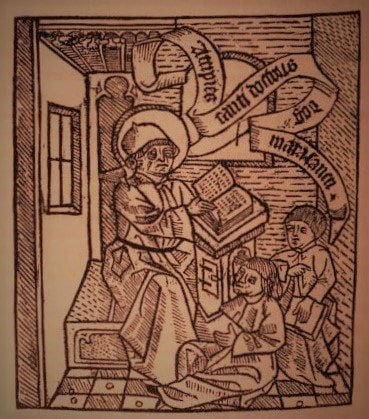
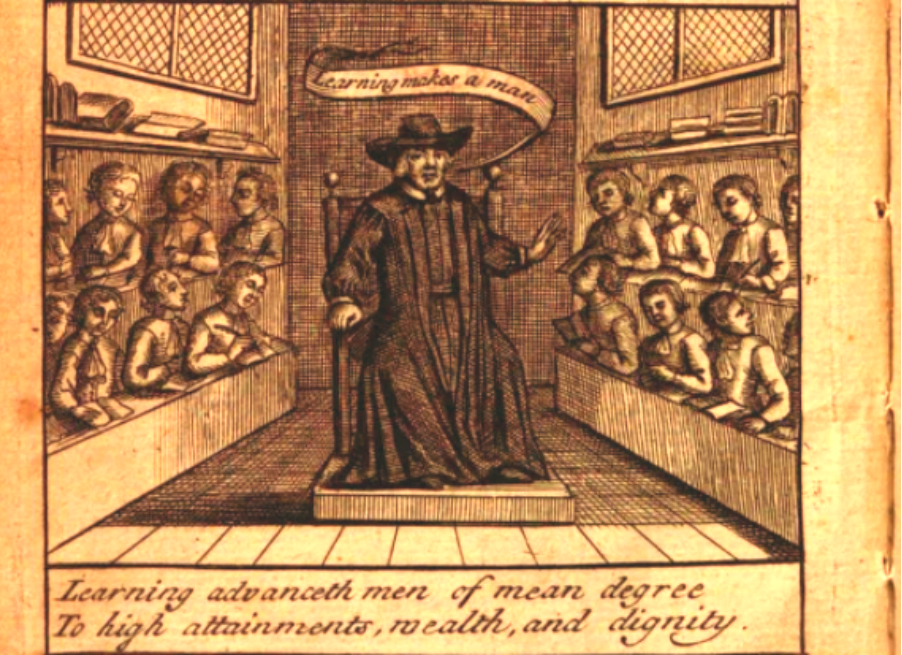
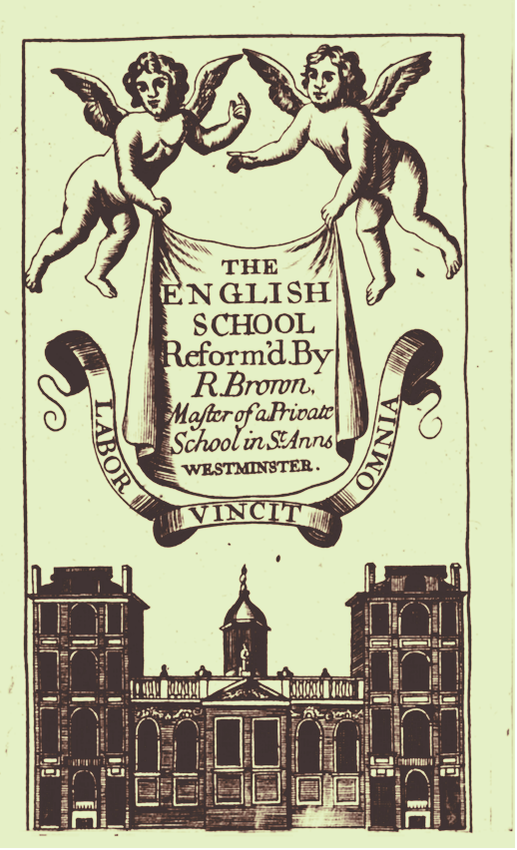
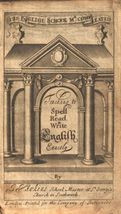
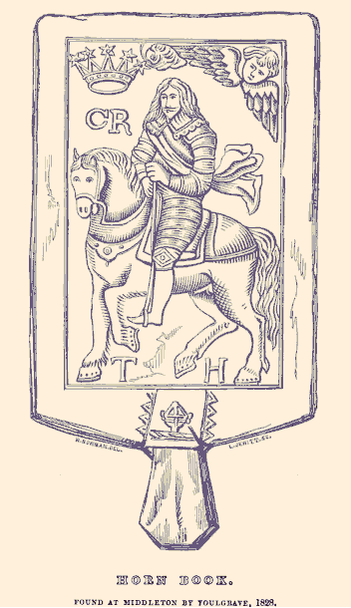
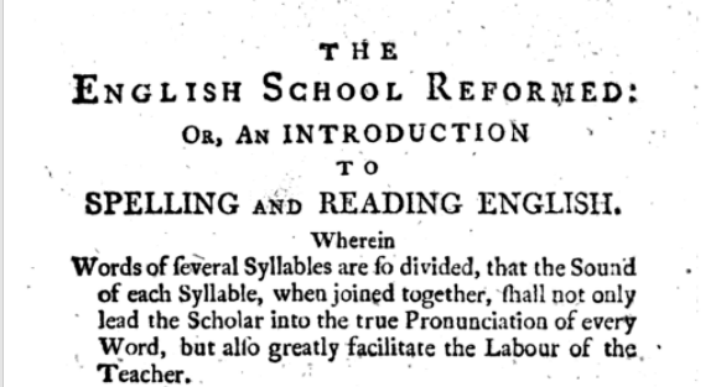
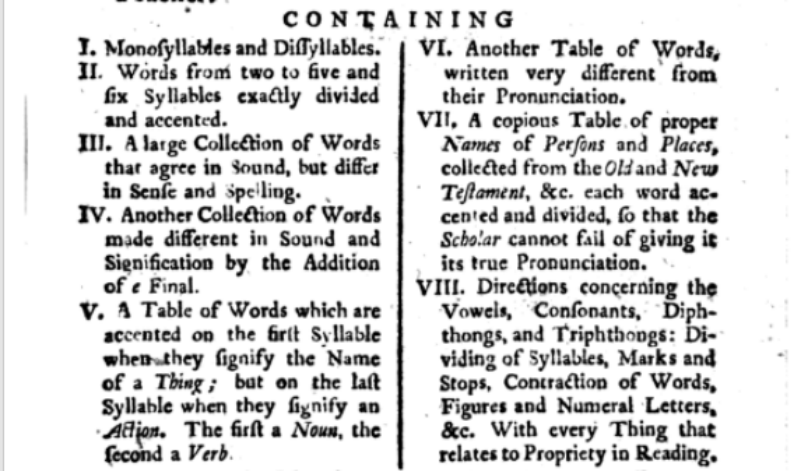
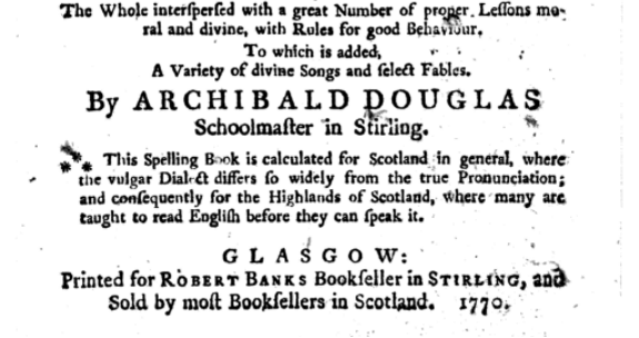
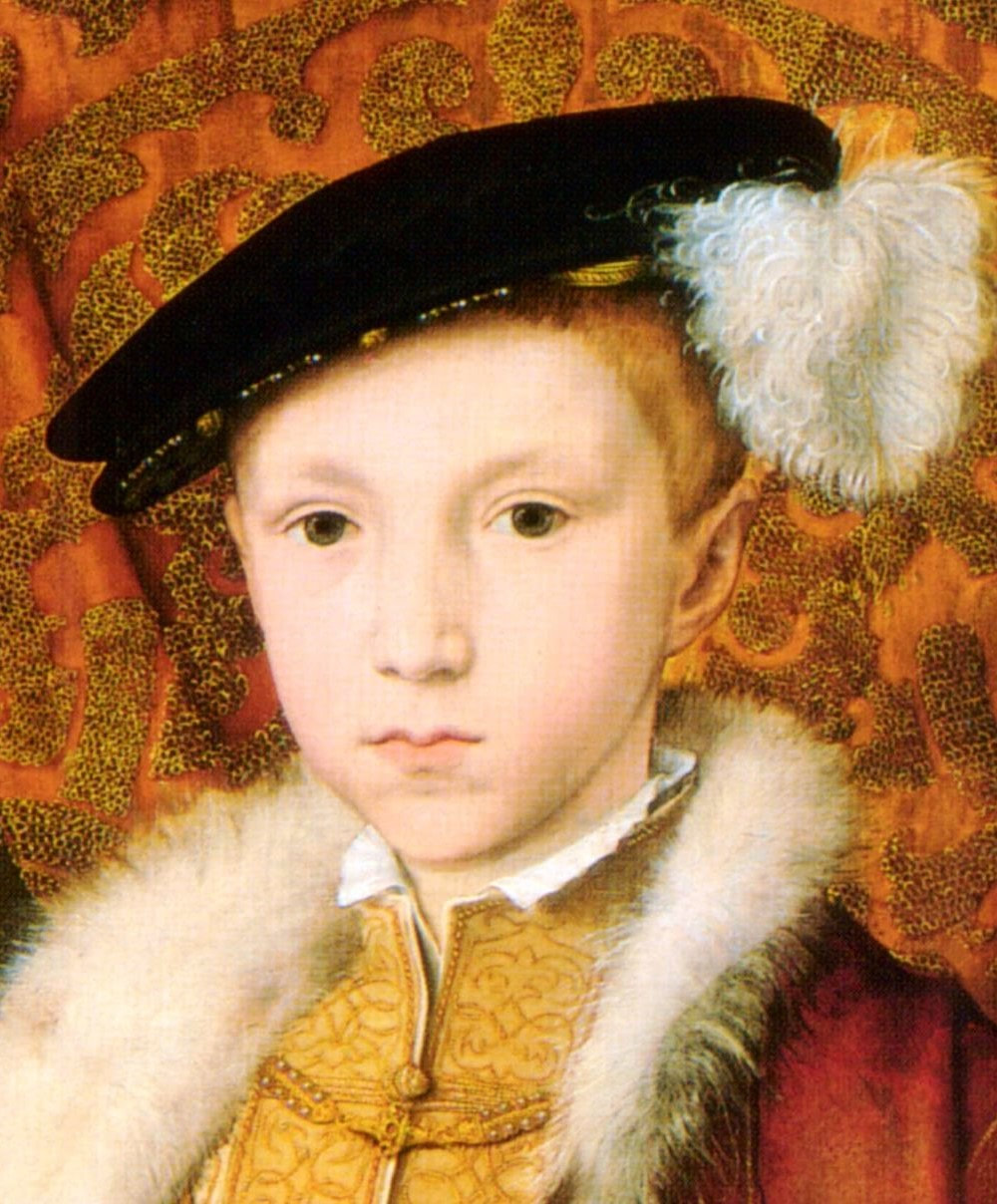
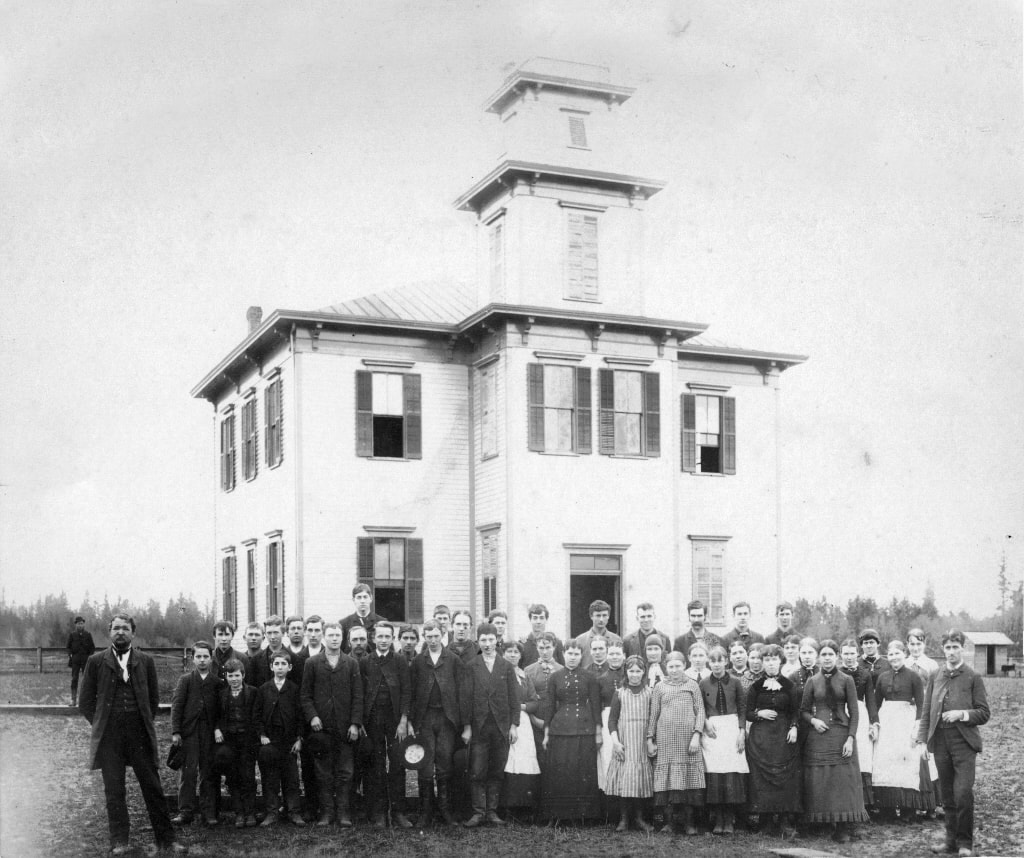
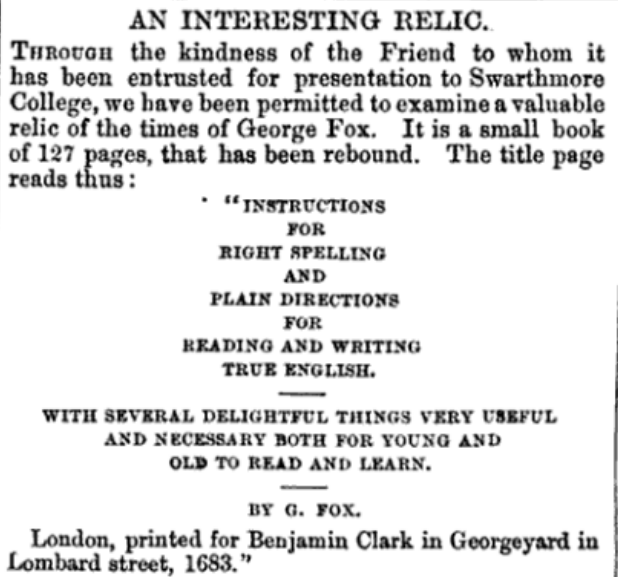
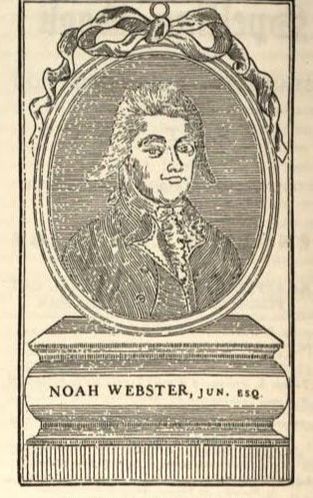
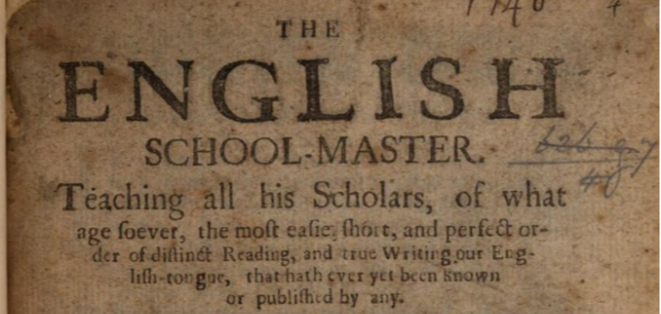
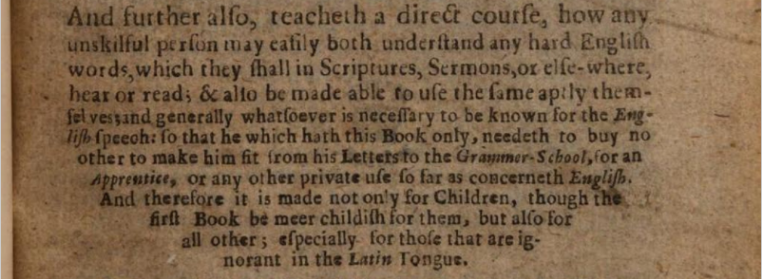
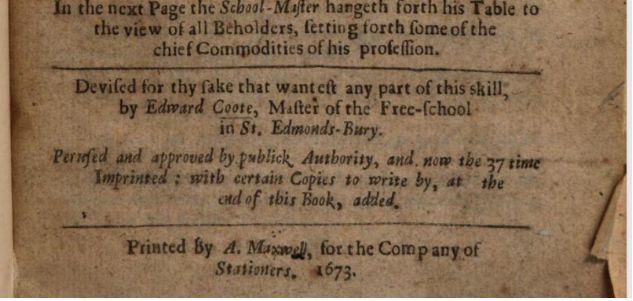
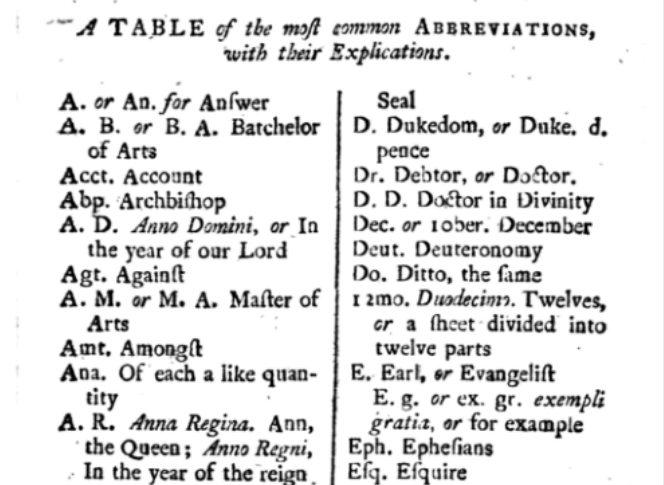

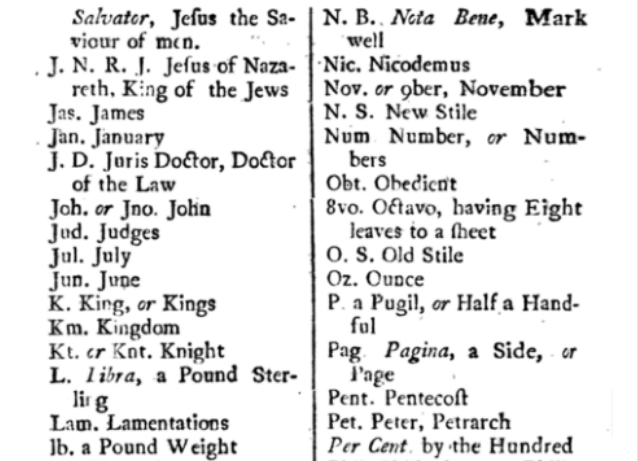
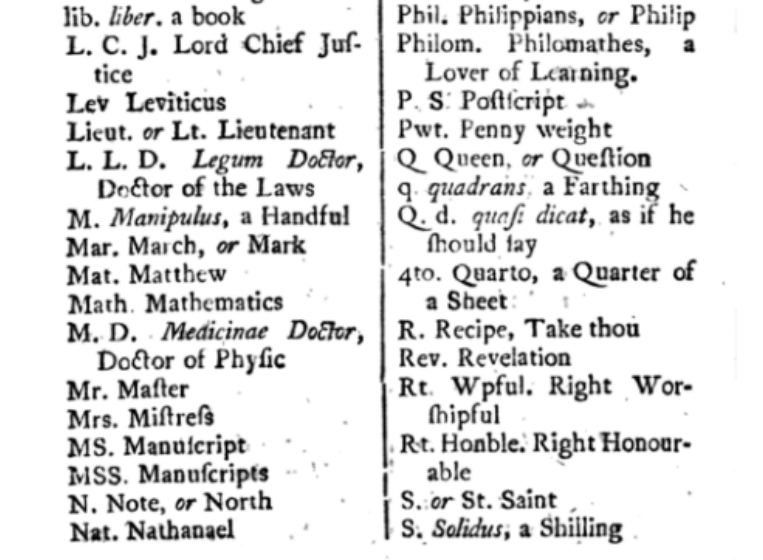
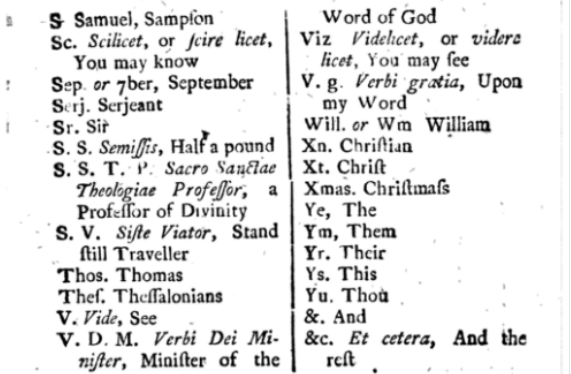
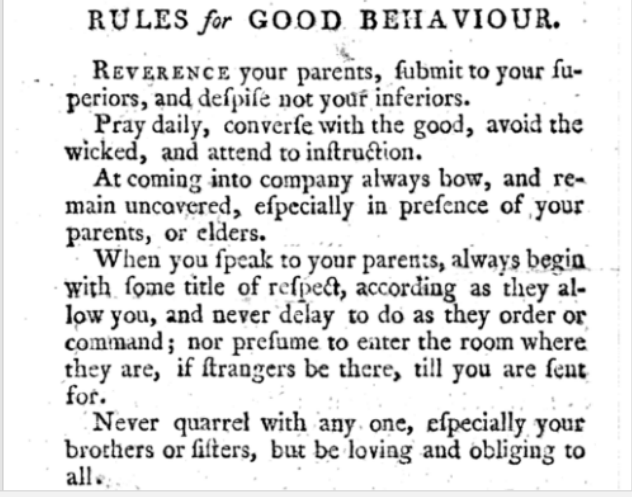
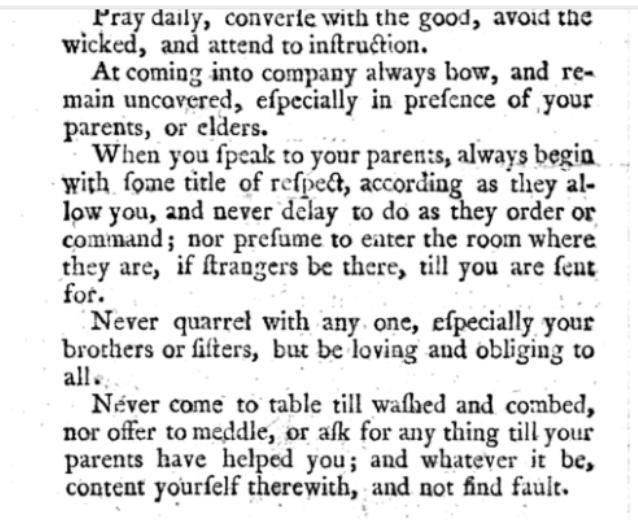



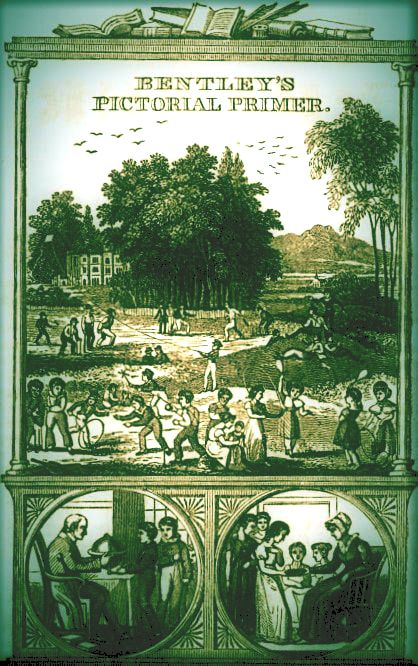
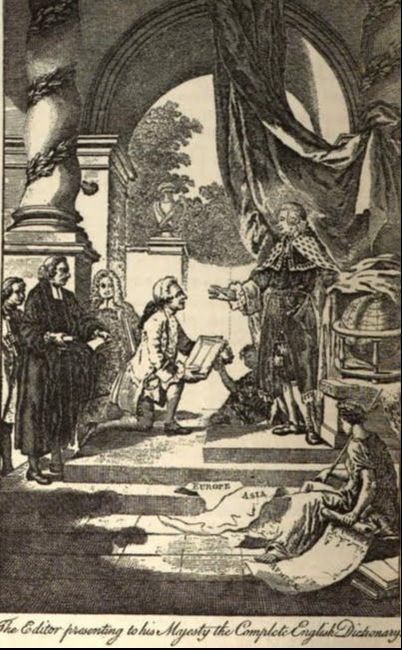
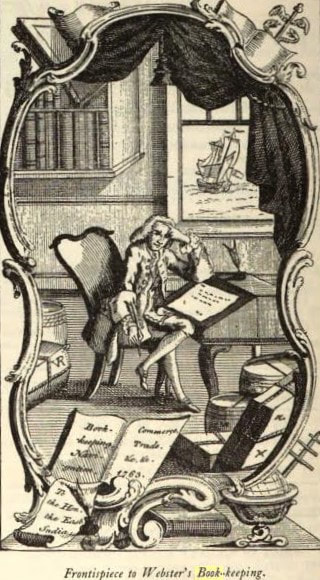
Post a Comment for "Marva Collins Way Pdf Free Download"